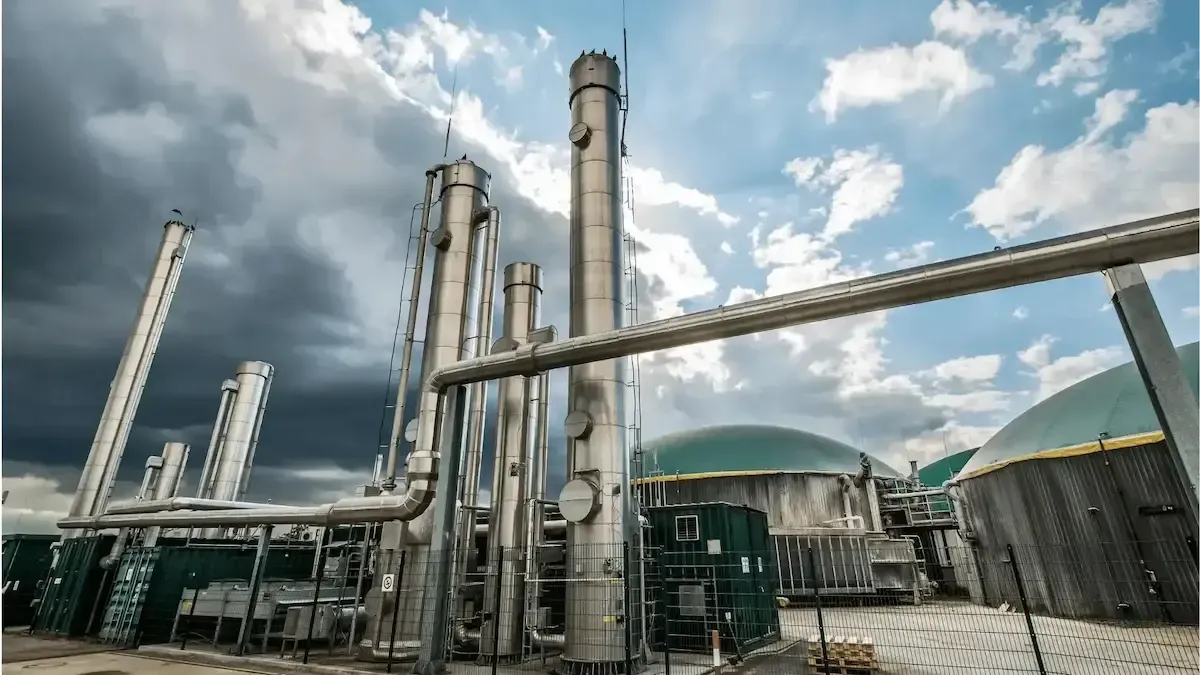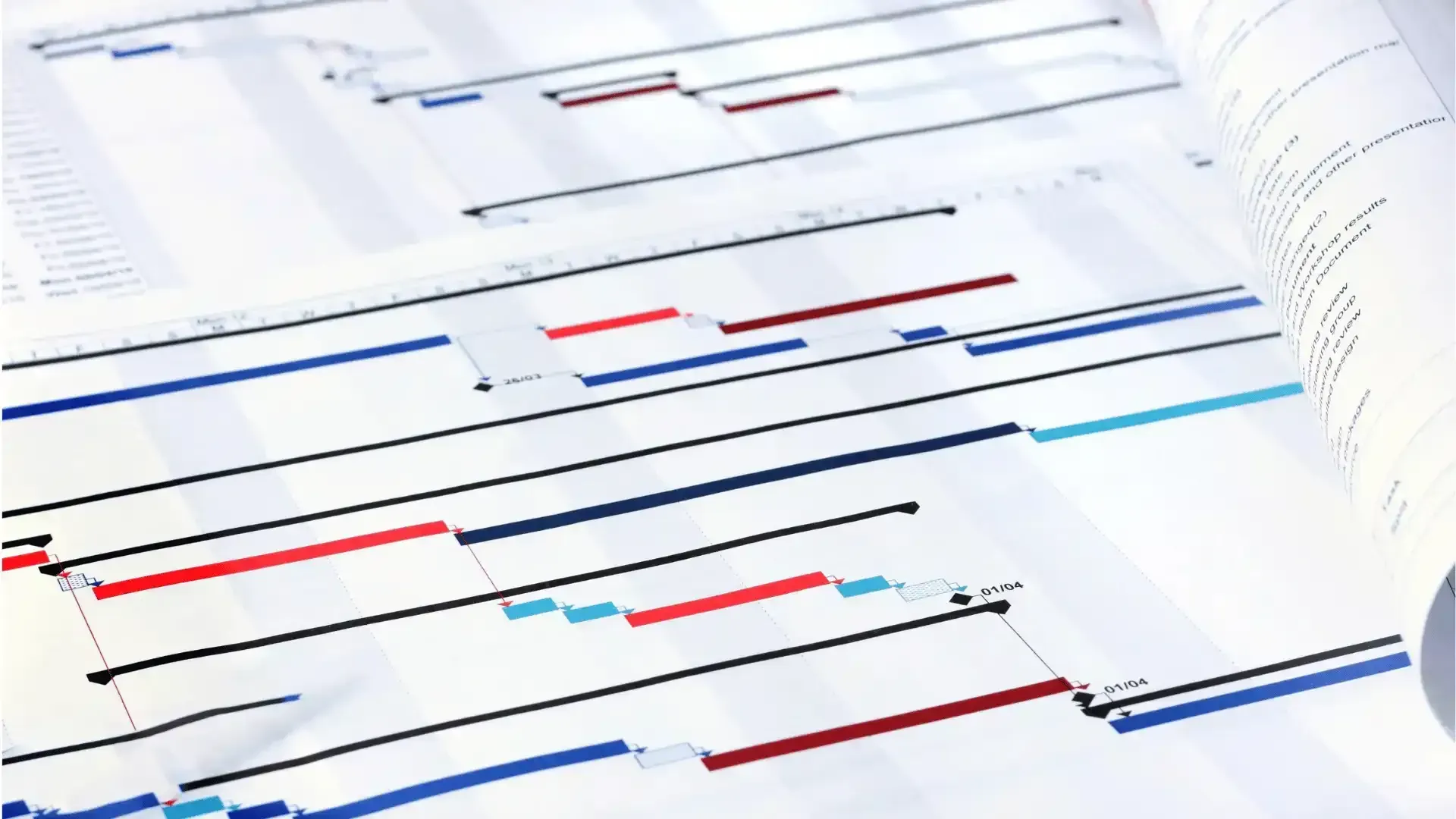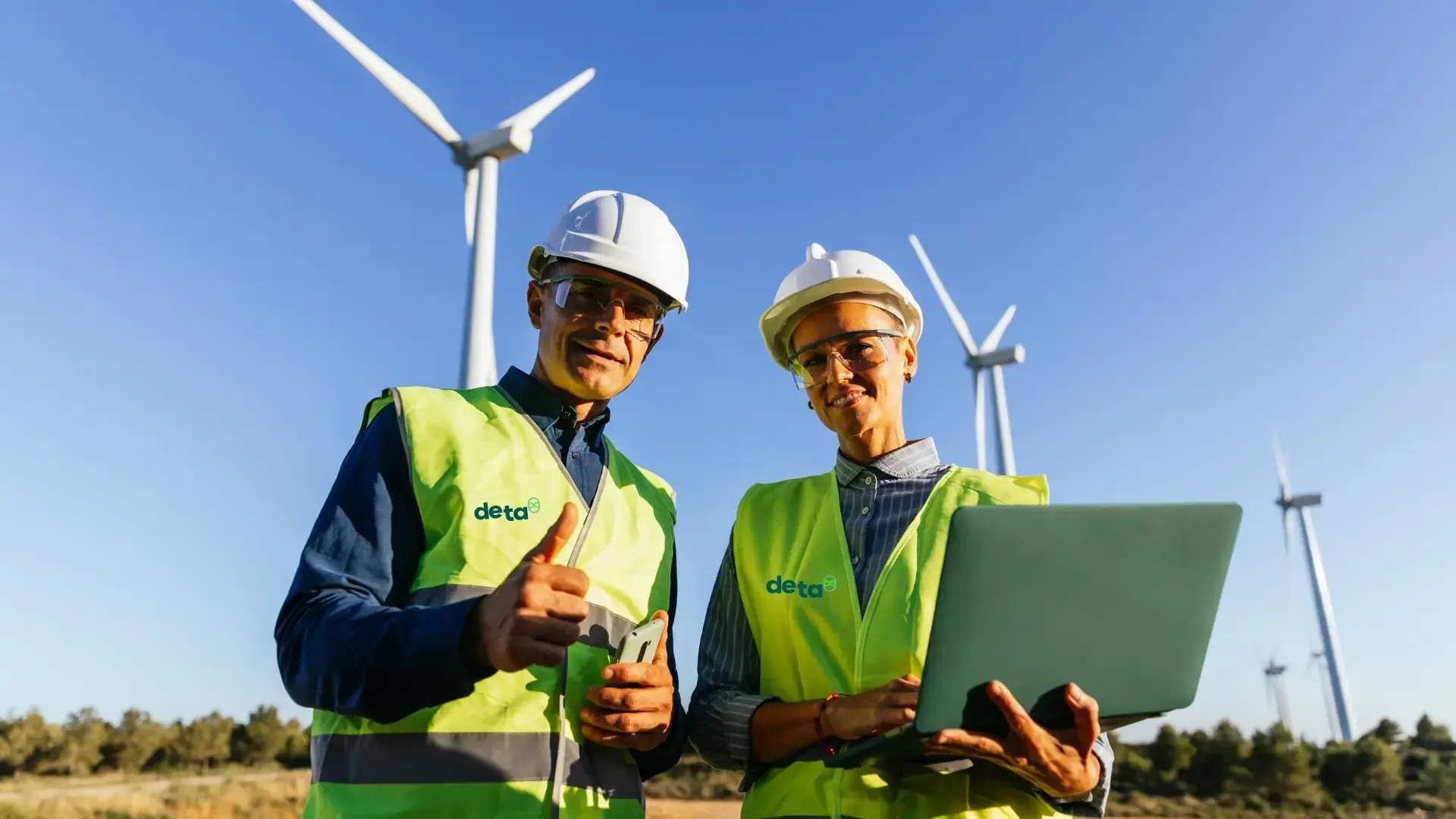Gaining Competitive Edge With Energy Efficiency Services
For most businesses, energy accounts for a substantial portion of running costs. The average cost of electricity for businesses depends on the size of the business and how it uses the energy. Historically, the larger the business, the more energy it uses with proportional operating costs. However, with the rise of energy efficiency services, the status quo is being challenged.
Energy efficiency: a pathway to competitive excellence
The globally shared vision of sustainability is underpinned by energy efficiency, and its role cannot be overstated. It serves as a cornerstone in steering industries and businesses towards a more environmentally conscious and resilient future. Aside from the attractiveness of green kudos, businesses embracing energy efficiency initiatives gain an unparalleled competitive advantage.
- Optimised processes: data from routinely scheduled energy audits identify process energy drains but also reveal the opportunities to make the business more energy efficient through optimised processes.
- Reduced operating costs and energy consumption: adopting energy-efficient technologies and practices enables companies to significantly slash energy bills and mitigate the environmental footprint of operating.
- Financial savings: decreasing energy usage and the associated costs fuel savings which typically outweigh the initial investment. (Case study: Fonterra Brands).
- Improved productivity: with more efficiently run operations and production processes, output increases and downtime decreases.
Through streamlined energy efficient operations and lower energy bills, emerges an improved cashflow. Savings become available for reinvestment in other areas of business. From growth initiatives, advanced research and development, and improving employee benefits to attract the best of industry talent, the positive benefits of energy efficiency are profound.
Business energy costs are volatile, which means rates can vary significantly throughout the tax year making them particularly complex to forecast in budgeting terms. Integrating sustainability practices into a business, creates a resilience to energy cost changes – your business is given a level of protection against soaring energy, the value of which depends on the steps towards energy efficiency you have taken.

How can your business become more energy efficient?
Integrating sustainability principles into business operations, is an opportunity to enhance your business’s reputation, attract environmentally conscious customers, and mitigate risks associated with climate change and resource depletion. Businesses across all industries have the potential to become more energy efficient with the shared aim of becoming net zero. Whereas some energy efficiency improvements are apparent, others are less obvious and are identified through deep energy audits and analysis.
Here are some examples of areas where energy savings can be made:
- Service equipment and replace inefficient equipment with upgraded systems. (Case study: Synlait)
- Introduce advanced control strategies.
- Increase performance monitoring.
- Address building inefficiencies such as upgrade lighting and HVAC systems.
- Utilise waste heat for on-site processes.
- Identify and repair energy leaks.
- Improve insulation.
- Nurture a culture of efficiency and sustainability.
The role of environmental and sustainability experts
In the active pursuit of energy efficiency and sustainability, the expertise of environmental and sustainability consultants becomes indispensable. These professionals offer invaluable guidance and insights, ensuring that energy efficiency initiatives meet environmental goals, compliance and regulatory requirements, but are also achievable, affordable, and align with the business’ goals. (Case study: Westland Milk Products)

Innovative and scalable solutions
Energy efficiency services prioritise innovation and emerging technologies to optimise energy performance for the long term. The solutions are agile and remain adaptable to changing market dynamics and the evolving needs of the business. The integration of innovative technologies such as advanced control algorithms and intelligent monitoring systems, efficiency gains are reinforced against future challenges.
Customisable energy solutions
There are no successful off-the-shelf energy efficiency solutions, businesses are not uniform, and nor are the energy solutions. Through collaboration, energy efficiency consultants tailor responses to the distinct requirements unique to the client’s business to optimise results and yield sustainable outcomes.
From conducting energy audits to developing comprehensive sustainability strategies, environmental consultants play a pivotal role in helping businesses leverage energy-efficient technologies to limit energy consumption and realise substantial sustainability advancements. Collaborating with consultants in energy efficiency services controls the trajectory towards a more sustainable future.
Energy and sustainability consultants NZ/Australia – local solution seekers
Energy consultants, particularly those specialising in New Zealand and Australia, provide tailored solutions to address the unique energy challenges faced by businesses in these regions. By leveraging their expertise in energy management, carbon reduction, and wastewater management, energy consultants identify opportunities for efficiency improvements and implement achievable sustainable practices. Whether it's conducting energy audits, designing carbon management strategies, or optimising wastewater treatment processes, energy consultants offer holistic solutions that drive tangible results.

Sustainability consulting services encompass a wide range of offerings, including sustainability strategy development, stakeholder engagement, and sustainability reporting, tailored to the unique needs and priorities of each client. Sustainability consultants bring a holistic perspective to energy efficiency initiatives, considering not only the economic benefits but also the social and environmental impacts.
The path forward: collaboration and innovation
DETA are passionate about helping businesses and organisations overcome the mounting environmental challenges, and recognise collaboration and innovation are key to driving meaningful change and unlocking the full potential of energy efficiency initiatives. We take a holistic view that encompasses technology and infrastructure, but also human behaviour. We work with clients to improve the culture of their business by delivering tailored education and training which strengthens the support for the initiatives by encouraging and empowering employees to identify and adopt efficiency measures. The greatest asset any business has are their employees, and together, we can build a more sustainable future, one energy-efficient project at a time.
It can feel overwhelming to navigate the complexities of balancing economic growth with environmental stewardship, but you are not alone. DETA support businesses throughout the process. From developing carbon footprint strategies for the next 30 years, industry technical expertise and delivering staff training and development, our energy audit and management packages are custom to your business needs. We have teams currently delivering projects across Aotearoa New Zealand, Australia, and the Pacific. If you would like to learn more about how DETA can help your business can gain the competitive advantage by becoming more energy efficient, contact us today.





